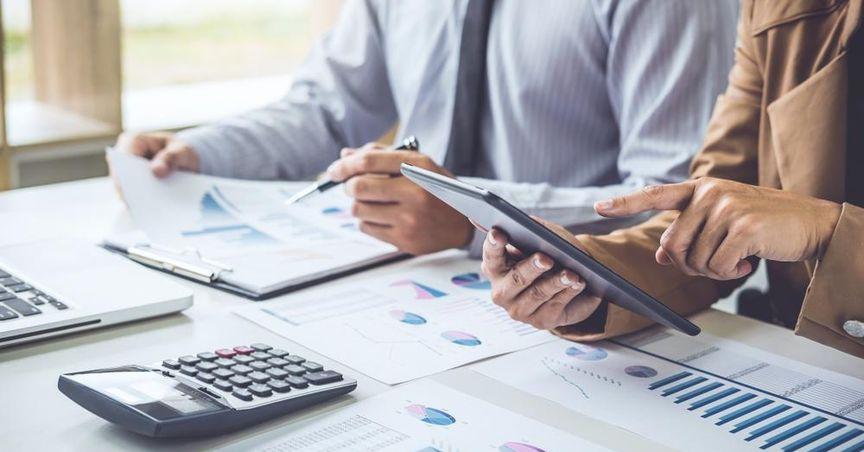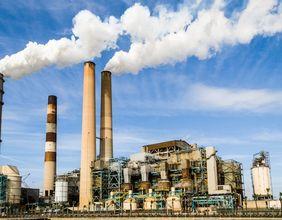Highlights
- Facilitates currency transactions between buyers and sellers.
- Profits from the spread between buying and selling prices.
- Plays a crucial role in global financial markets.
A foreign exchange dealer is either a firm or an individual engaged in the buying and selling of foreign currencies. They act as intermediaries in the currency market, facilitating transactions between buyers and sellers. By doing so, they help maintain the flow of currency in international trade and finance. These dealers play a crucial role in the global financial system, ensuring liquidity and stability within the forex market.
Foreign exchange dealers operate by purchasing currency from one party at a lower price and selling it to another at a higher price. The difference between these two prices is known as the "spread," which is the dealer's profit. This spread is influenced by various factors, including market demand and supply, geopolitical events, and economic indicators. Experienced dealers closely monitor these elements to determine the most favorable buying and selling rates.
The activities of foreign exchange dealers are vital to businesses, investors, and governments. They provide the necessary liquidity that allows companies to engage in international trade and investments. Additionally, they assist investors looking to diversify their portfolios by investing in foreign assets. Governments also rely on foreign exchange dealers for currency management and stabilization.
Foreign exchange dealers typically operate in three main markets: spot, forward, and swap markets. In the spot market, transactions are settled immediately or within a short period. In contrast, the forward market involves agreements to buy or sell currencies at a predetermined price on a future date. The swap market, on the other hand, involves simultaneous borrowing and lending of different currencies between two parties.
These dealers can be found in various institutions, including commercial banks, investment banks, and brokerage firms. With the rise of online trading platforms, individual traders can also participate in the forex market, either as independent dealers or through brokerage accounts. This accessibility has significantly increased market participation and liquidity.
However, foreign exchange trading is not without risks. Fluctuations in currency prices due to economic changes, political instability, or natural disasters can impact profitability. Skilled dealers utilize hedging strategies and risk management tools to mitigate these risks. Additionally, they rely on advanced analytical tools and financial news to make informed trading decisions.
Conclusion
Foreign exchange dealers are pivotal in connecting buyers and sellers in the global currency market. They earn profits from the spread between buying and selling prices while managing risks associated with currency fluctuations. Their role is indispensable in maintaining liquidity and enabling international trade and investments. As global economies become increasingly interconnected, the importance of foreign exchange dealers continues to grow, making them a fundamental component of the financial system.





